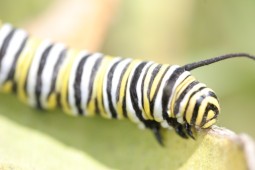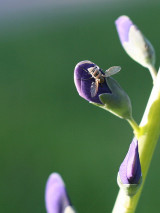
We offer two features on today’s show:
Protecting Pollinators (start time: 0:58): Hills, prairies and gardens are neon green and in full bloom. A pollinator’s paradise, at least it should be. Birds, bees, butterflies, beetles and other pollinators rely on the nectar from flowering plants. We humans rely on them; roughly one out of every three bites we take comes from food that would not exist if not for pollinators. National Pollinator Week is June 19 – 25. It will celebrate pollinators and promote how humans can help protect them. Vicki Wojcik, research director at Pollinator Partnership, an organization that focuses on conservation, scientific research and education aimed at preserving pollinators, talks with host Susan Moran. Resources: Bee Safe Boulder (People and Pollinators Action Network), Colorado State Beekeeper Association, and Butterfly Pavilion.
 Testing Drinking Water (start time: 14:00): Two years ago Flint, Mich., turned the issue of lead in drinking water from a little known, or distant-past, hazard into a national scandal. Human error and coverups resulted in many Flint homes showing staggeringly high levels of lead in their drinking water. What happened in Flint has afflicted other cities. Water districts, which are required to monitor a sampling of homes in their districts for lead in drinking water, are stepping up efforts to prevent more Flints from happening. Here in Colorado, water districts use soda ash and other chemicals to keep their water from being overly corrosive, which was the problem in Flint. How On Earth’s Shelley Schlender interviews Michael Cook, district manager of the Little Thompson Water District at the Carter Lake Water Filtration Plant near Loveland. The plant was recently out of compliance, meaning that samples from water district have shown higher levels of lead than what the state health department considers safe. Cook discusses what the district has done. (Boulder has its own water-filtration plant and has not been out of compliance at least in recent years. But all water districts must address similar concerns.)
Testing Drinking Water (start time: 14:00): Two years ago Flint, Mich., turned the issue of lead in drinking water from a little known, or distant-past, hazard into a national scandal. Human error and coverups resulted in many Flint homes showing staggeringly high levels of lead in their drinking water. What happened in Flint has afflicted other cities. Water districts, which are required to monitor a sampling of homes in their districts for lead in drinking water, are stepping up efforts to prevent more Flints from happening. Here in Colorado, water districts use soda ash and other chemicals to keep their water from being overly corrosive, which was the problem in Flint. How On Earth’s Shelley Schlender interviews Michael Cook, district manager of the Little Thompson Water District at the Carter Lake Water Filtration Plant near Loveland. The plant was recently out of compliance, meaning that samples from water district have shown higher levels of lead than what the state health department considers safe. Cook discusses what the district has done. (Boulder has its own water-filtration plant and has not been out of compliance at least in recent years. But all water districts must address similar concerns.)
Hosts: Maeve Conran, Susan Moran
Producer: Susan Moran
Engineer: Maeve Conran
Executive Producer: Susan Moran
Listen to the show:
Podcast: Play in new window | Download (Duration: 23:48 — 21.8MB)
Subscribe: RSS
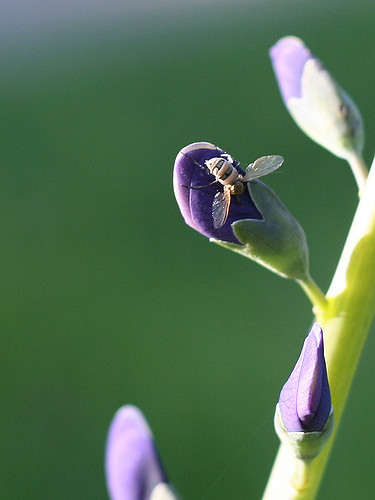


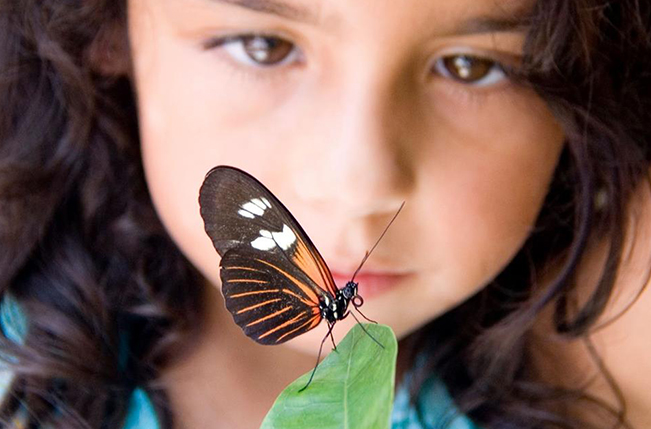

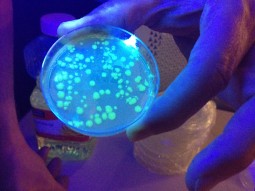

 Winter Stars (starts at 5:30). We talk with Dave Sutherland, an interpretive naturalist with Boulder Open Space and Mountain Parks, about winter star-gazing. This program is tied to an upcoming concert performance by the Boulder Philharmonic Orchestra on February 12, 2016. More information about the Boulder night hikes and other programs can be found at:
Winter Stars (starts at 5:30). We talk with Dave Sutherland, an interpretive naturalist with Boulder Open Space and Mountain Parks, about winter star-gazing. This program is tied to an upcoming concert performance by the Boulder Philharmonic Orchestra on February 12, 2016. More information about the Boulder night hikes and other programs can be found at: 